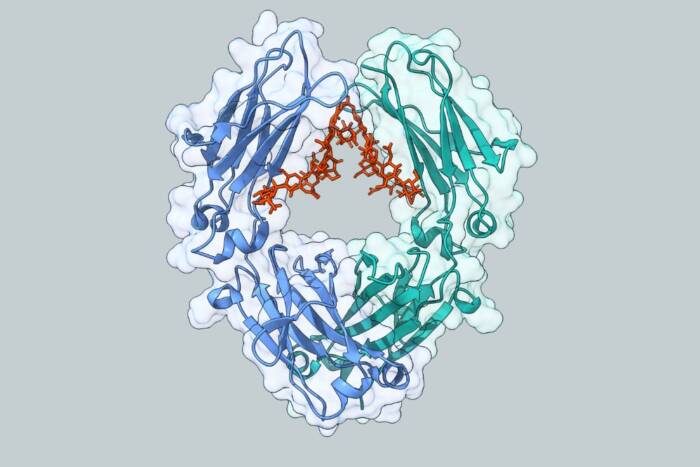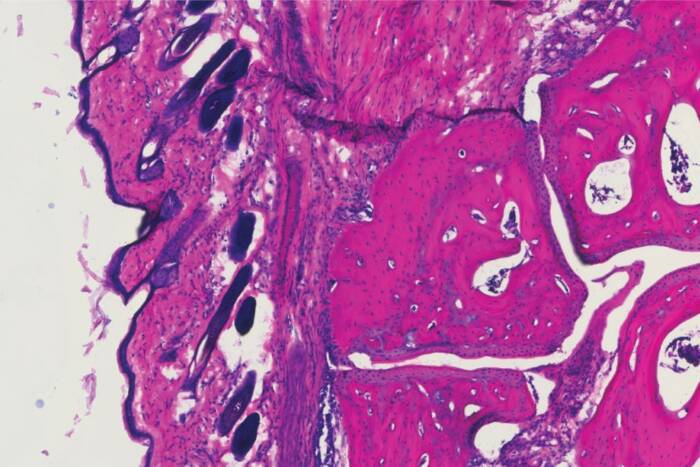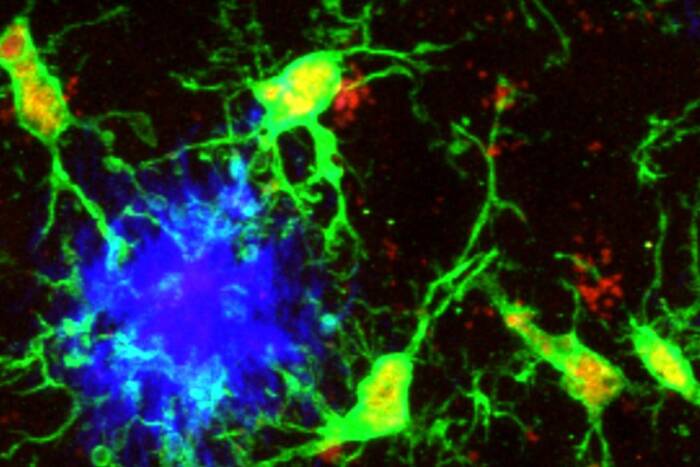Chromosome linked to cholesterol absorption
Normal mice don’t have to worry about their cholesterol, but mice from Jan Breslow’s lab at Rockefeller University do. By genetically altering mice to isolate genes that are important for the regulation of cholesterol levels, scientists are helping unravel the genetics of heart disease. His latest research suggests that a narrow area of a specific chromosome – chromosome 14 – is involved in the processes by which cholesterol is absorbed and excreted by the body.
The level of cholesterol in the blood is a well-established risk factor for cardiovascular disease, the nation’s biggest killer. But not all cholesterol from food is absorbed by our digestive systems. Scientists are eager to understand which genes control the process by which food cholesterol is absorbed and becomes blood cholesterol.
Past work done in Breslow’s lab, led by Ephraim Sehayek, a former senior research associate and first author of the paper, involved the use of mouse genetics to pinpoint an area on mouse chromosome 14 that is involved in controlling plant sterol levels, a surrogate for cholesterol. The most recent research has narrowed that area further and identified exactly what role the genes are playing.
Using congenic mouse strains, mice that are exactly the same genetically except for small areas of chromosome 14 the researchers were interested in, Sehayek examined how well these mice absorbed and excreted plant sterols. The findings showed that even tiny differences on chromosome 14 changed the way the mice handled plant sterols.
“Ephraim’s research found that one congenic strain had an increase in plant sterol excretion, while the other strain did not,” says Breslow. “This told us that there are at least two sets of genes controlling sterol absorption in this region of chromosome 14. One is involved solely in regulating intestinal sterol absorption and the other affects both intestinal absorption and excretion.”
Almost 7 million Americans suffer from coronary heart disease, a condition caused by a buildup of fats and cholesterol on blood vessels. The disease is much more common in older people and in males. Through the use of additional congenic mouse strains, in conjunction with studies of intestinal gene expression and sequence variation at genes in the chromosome 14 locus, more novel genes involved in the cholesterol absorption pathway may be identified. This information may, in the future, help identify people who are at risk for cardiovascular disease early enough to avoid detrimental health effects.
Journal of Lipid Research 47(10): 2291-2296 (October 2006)(opens in new window)


